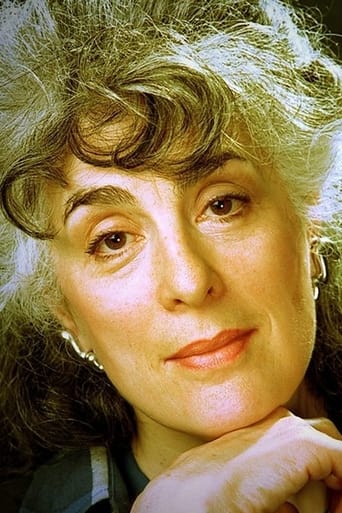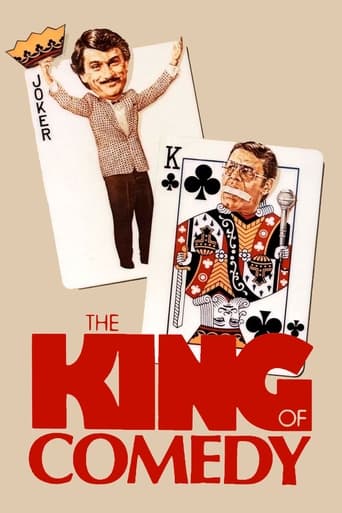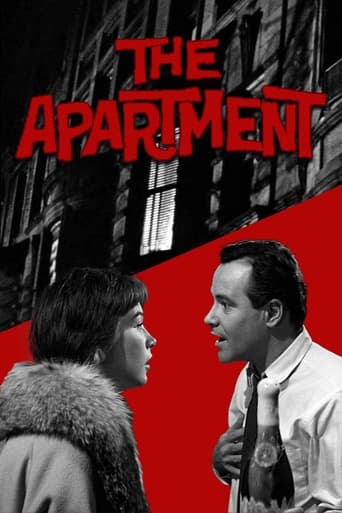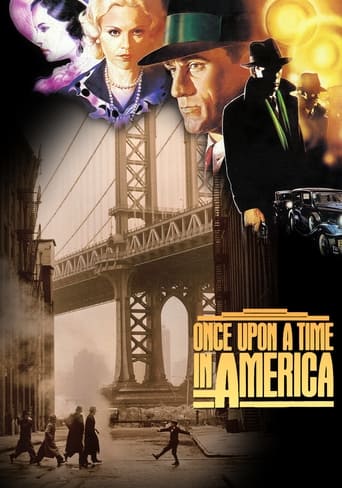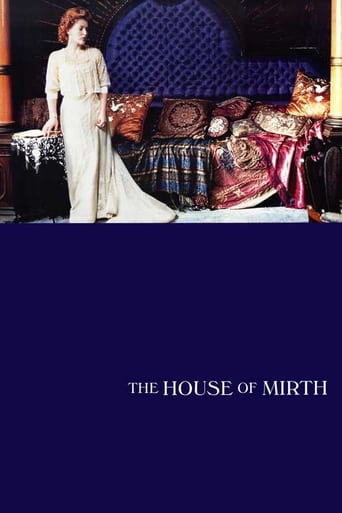
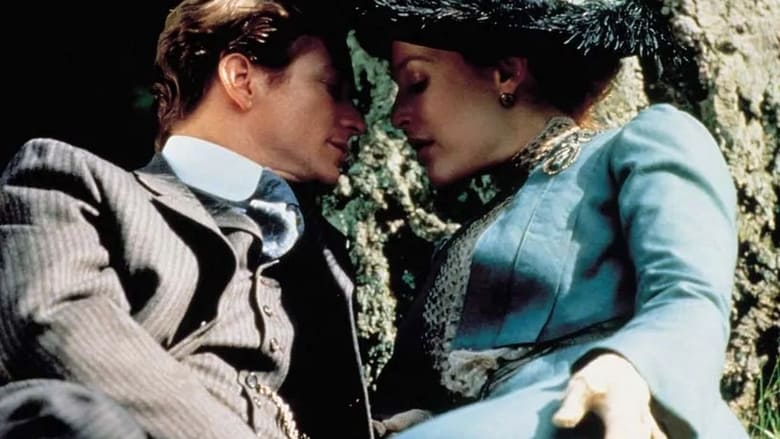
The House of Mirth (2000)
In early 20th century New York City, an impoverished socialite desperately seeks a suitable husband as she gradually finds herself betrayed by her friends and exiled from high society.
Watch Trailer
Cast


Similar titles
Reviews
Caught this flick at my home Trysons pad last night. He was chilling with his Bea Lawanda at Wendys but wanted to keep his crib legit, be a lot of creepers rolling up in here so I stepped up for my dog.Situation is like this, Lily Bart be a total honey, DA moment she walk on DA screen I be like DAUM GIRL YOU FINE. Problem is honey knows she fine and is a total PLAYAAA!!! First home she meets be my home Lawrence Selden, brutha is like DAUM, Im gonna tap that ass. Lily be playing tho, wont let the brutha get his swag on, she be creeping for a legit brutha not some wannabee porch rat.Dudes heads be turning everywhere, Lily holding out on the broth-as though, waiting for a certified situation so she can get her own pad and not have to shack up with her Aunt. Her Aunt be nasty ass hoe, no respect and always fronting.Then dis Dude Sim Rosedale try to Holla at Lily. He be all like marry me and sh1t but my girl Lily keeping it real for her man Lawrence Selden. Yeah they be hooking up and sh1t when peeps not looking. I was like WHAAAT!! You go Lily, keeping them homeys guessing. My home Selden not be getting all ubiquitous and sh1t, you know he wants DAT ass. Honeys be playing tho, homeys be treated all Obliquely, it ain't rite.Girls be nasty like you never seen up in this joint.Den this Otha honey Bertha Dorset be all stepping up on Lily, fronting and talking smack in front of Lily with her peeps present. Lily be getting a bad rep. Den another dude, Augustus 'Gus' Trenor, be trying to pimp Lily, he be getting my girl in debt and sh1t, dis guy be creeping. Times be tough for Lily, I feeling ya sister, times tough for homeys all over this joint.Girls be nasty like you never seen up in this joint. Bertha be spreading rumors that Lily ain't legit, sh1ts about to get serious. Lily not letting these plays be front, when Lily hear of Bertha rolling with a new posse she be like "No doubt the rabbit always thinks it's fascinating the anaconda " I be like BURRRRNNNNNNNNNN!!! Dtas what you get for fronting Bertha.Den Lilys aunt be all dying and sh1t, ain't leaving no dollars for Lily either. Situation ain't right, pl be talking more smack about Lily too, now Lily out on the street.Homies try to help but Lily ain't fronting, now she going Solo but its ain't easy for a Sista to make it on her own, sh1t be to real out there and Lily don't make it. I was like DAUMMM girl, sister took it all the way, big respect.So DAT about it homeys, time is tough back in De olden days too for a brotha and sister, not one Homies got to tap DAT ass either. SHEEEEEETTTT!!!
Director Terence Davies has done a magnificent job of recreating the turn of the century in "The House of Mirth," a 2000 film starring Gillian Anderson, Eric Stoltz, Dan Ackroyd, Laura Linney, Anthony LaPaglia, and Terry Kinney.Anderson is Lily Bart, a beautiful young woman of good social standing, traveling in the best circles, who throws away her opportunities for a good marriage because she wants something more meaningful. However, her reputation begins to suffer due to her circle's misreading of an innocent situation, and things go from bad to worse for her as she descends down the social strata. She has it in her power to win back everything she has lost but refuses to stoop that low due to her love for one man.It's obvious that Davies took a great deal of care with this film. It is not infused with modern sensibilities, the period look is authentic, as is the look of the cast. By that I mean, Gillian Anderson's sumptuous red hair, full beautiful face, and lovely figure are much more period than, say, Gwyneth Paltrow's -- and yet films are rarely cast with an eye toward capturing the period in that way. The casting of Dan Ackroyd as Trenor is unusual but very right - he's not truly of the class he travels in and a real glad-hander. Eric Stoltz is Selden - handsome without being drop dead gorgeous, gentile without being effeminate, who has good chemistry with Anderson.The villainess of the piece is Laura Linney as the awful Bertha Dorset, a cunning witch, and as usual, Linney is perfection -- smiling, subtle, and you can just see the knife going in. In the book she is more responsible for Lily's troubles than in the film. In the film, we see her making initial trouble for Lily; in the book, she continues to work on destroying her with a whisper here and word there.What makes the story of Lily so frustrating is that she can ruin Bertha in five minutes but refuses, suffering instead, which drove me crazy. That's not the film's fault.This was an era where no one expressed emotions, so when someone says, thank you or I understand, there is a world of meaning to be read in the eyes. It's a world of artifice, and Davies obviously worked at getting this from his actors. Everything is in what lies beneath.The acting is uniformly excellent; only Gillian Anderson falls a little short of the mark. Lily is an extremely difficult role, and Anderson at least in 2000 did not have all the necessary skill to completely pull it off. She has the look, the bearing, and the intelligence. What she lacks is the ability to actually become someone of that era, rather than putting it on like an overcoat. She does much better in the latter part of the film, which calls for a different set of acting muscles than in the beginning.Reminiscent a bit of "Sister Carrie," "The House of Mirth" points up the difficulties of women in that time period to make their way, of the boundaries of class, and the rigidity of the upper class. Highly recommended, but not an easy, cheerful film by any means.
If this film adaptation depicting lives ruined by the social mores and hypocrisy of turn of the century upper crust New York society seems to have a lot in common with the similarly plotted The Age of Innocence, it would be because authoress Edith Wharton was responsible for both novels. Unfortunately, like The Age of Innocence, this is yet another wallow in victimization and misery that Wharton seemed to specialize. However, unlike The Age of Innocence where director Martin Scorsese seemed psychotically obsessed with the elegant trappings at the expense of his story, director Terrence Davies is actually more interested in the players of his piece.The primary player is one Lily Bart (played by Gillian Anderson), a lovely, elegant young woman, who not only bungles her chance at true love, but comes to realize to her detriment how much she is at the mercy of a fickle high society filled with pettiness, envy and jealousy.Lily is at heart that rarest of beasts - a genuinely decent person. She has had the misfortune of accumulating a sizable debt from card playing, which she anticipates paying back with the inheritance to be left her by harridan aunt Eleanor Bron. As Bron is infinitely more taken with dishrag ward Jodhi May, it is questionable how much Lily can count on this development. Lily pines for scandalous attorney Eric Stoltz, who is the sometime lover of society grand dame Laura Linney, but finds bad timing and circumstance consistent obstacles to a relationship. In fact, bad timing and bad luck seem to relentlessly dog Lily in every endeavor. Trusted friends and companions reveal themselves to be bitter enemies beneath the surface. When some scandalous letters fall into her lap that would prove to be her personal salvation, Lily takes the high road to her further detriment.The House of Mirth does not have much mirth in it. It is depressing, gloomy and leaves the viewer in an utterly hopeless state. It is a despairing experience to watch the destruction of a person, who did not invite it, does not deserve it and is left broken and battered by life, while some appalling specimens of "humanity" glide past unscathed. This is by no stretch of the imagination an enjoyable viewing experience and one would imagine that it would be an even more trying reading experience.All that aside, there are definitely reasons to watch the film. Davies' assured direction and the fine literate screenplay being two of them.Another compelling reason would be Anderson's central performance. Anyone who is only familiar with Anderson from The X-Files and oblivious to the stellar acting she has also contributed to British TV and films, will most certainly be impressed with the appealing, nuanced and heartfelt performance she contributes here. What makes Lily's inexorable downward spiral a spirit crushing blow is that until the final moments where she confronts her dismal future, Anderson never plays Lily as a victim. She seems entirely too self-assured and confident in her quest to do the right thing. The climactic moments where her emotional walls crumble at what life has in store for her is a powerful sequence. The entire performance is a demonstration of understated grace.The supporting cast is strong with one notable exception. Linney is matter-of-factly monstrous as society force of nature Bertha Dorsett, who throws Lily to the wolves on a whim to make herself look better. Terry Kinney is sympathetic as Linney's cuckolded husband. When he makes an offer to Lily late in the film that would make both of them whole, it comes across as a meeting of two lost souls and one is disappointed that Lily does not take him up on it. Dan Aykroyd is terrific playing against type as a joyfully manipulative scoundrel.Unfortunately, the film is thrown off-balance by the miscasting of Stoltz in the pivotal role of the scandalous lothario that inspires so much consternation among the female characters. I usually find Stoltz underrated, but here he is all wrong. Pasty-faced and limp, Stoltz adopts an effete fey attitude that is more off-putting than attractive. It reminds one somewhat of the miscasting of John Malkovich in Dangerous Liaisons. It is difficult to believe that one woman would find him irresistible, but the fact that three women are in such ardor over him as to launch campaigns of betrayal on each other strains credibility at every turn. Worse, Stoltz barely registers a pulse when Anderson shares the screen with him so that it hardly seems that Lily is letting much pass her by with this colorless smelt. He seems less like an unrequited love than a chance acquaintance. When Lily makes the ultimate sacrifice to spare his reputation, it seems like a wasted effort. This casting leaves the important unrequited romance between the two characters a bust. And while it may be believable that a milksop like May would be enamored of Stoltz in this film, it is inconceivable that a being depicted with the voracious appetites of Linney's Bertha Dorsett would stoop to inspect him much less expose herself to vulnerabilities to chase him. A really foolish bit of casting here that nearly throws the film off balance.
"The House of Mirth" is that rare thing, a British film about America. Officially it is an international co-production, but it was not only made by a British director, Terence Davies, but also shot on location in Britain, even though most of the action is supposed to take place in and around New York. (As a keen birdwatcher I have to say that I could tell that it had been shot on this side of the Atlantic from some of the typically European birdsong in the background). It is, in fact, a good example of the sort of costume drama at which the British film industry has traditionally excelled, although there have been some notable American examples such as Scorsese's "The Age of Innocence", also based upon a novel by Edith Wharton.The action takes place in 1905. At the opening of the film its heroine, the socialite Lily Bart, appears to be living a charmed life. She is young, beautiful and the niece of the wealthy Mrs Julia Peniston. Yet her position is more precarious than she realises and the film traces her downfall from wealth into poverty and from respectability into social disgrace. The title is deeply ironic; this is a tragedy, not a comedy, and there is nothing about Lily's position that might arouse mirth. Wharton took her title from the Biblical book of Ecclesiastes: "The heart of the wise is in the house of mourning; but the heart of fools is in the house of mirth".The implication of this title is that those who live merely for mirth or pleasure are foolish, and certainly Lily's downfall is partly the result of her own folly; she incurs, for example, large gambling debts which she is unable to meet. Yet it is also partly the result of the hypocrisy of American high society in the early years of the twentieth century. Although some Americans tried to pretend that theirs was a classless society, the ultra-rich of New York could be just as ruthlessly snobbish as their counterparts in London, Paris or Berlin, and just as ruthlessly unforgiving of those who fell foul of society's unwritten rules. Lily's reputation is damaged not only by her gambling habit, which alienates her puritanically religious aunt, but also by an untrue allegation of an affair with a married man. (The allegation is made by the man's wife, who wants to distract attention from her own adultery). At times Lily's own good nature works against her; she has the opportunity to revenge herself on the woman who has unjustly accused her, but refuses to take it because to do so would also compromise Lawrence Selden, the man she loves.The star of the film is Gillian Anderson, which surprised me when I first saw it in the cinema as I had previously only though of her as "that bird from the X-Files" or the girl who, a few years earlier, had been voted "Most Beautiful Woman in the World" by the readers of FHM magazine. (This aroused some ungallant comments from members of the anti-redhead brigade, who opined that Gillian had only won the title because readers had confused her with her namesake Pamela). "The House of Mirth", however, proved two things. Firstly, it proved that Gillian was a much more versatile actress than I had hitherto supposed. Secondly, it proved (to my satisfaction at least) that she was far more ravishingly beautiful than Pamela Anderson ever knew how to be. Her Lily Bart is one of the great tragic heroines of modern cinema; I was reminded of Nastassia Kinski's performance in "Tess", another period drama about a beautiful young woman who struggles vainly to escape a cruel and inexorable fate.There are other good performances from Laura Linney as Lily's accuser, the spiteful Bertha Dorset, from Dan Aykroyd (an actor I more normally associate with comedy) as the financier Gus Trenor who unsuccessfully attempts to seduce Lily, Jodhi May as Lily's quiet but scheming and hypocritical cousin Grace Stepney, who eventually inherits Mrs Penistone's fortune and Eric Stoltz as Selden.Like many British period dramas, the film is beautifully photographed and makes use of some sumptuous sets and costumes. My one criticism would be that, in the early scenes it moves too slowly, but the pace gradually quickens as Lily's tragic drama is played out to its climax; the ending is particularly moving. This is one of the finest period dramas of recent years. A film to savour. 9/10




